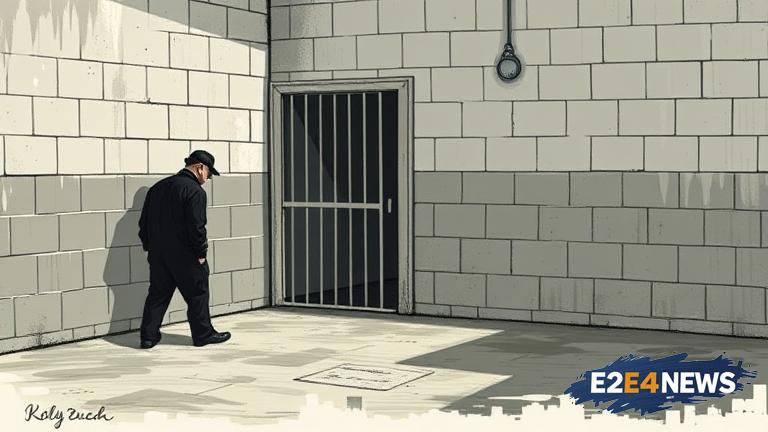A class action lawsuit was filed against the Canadian government regarding the use of solitary confinement in British Columbia’s correctional facilities. The lawsuit alleged that the practice of solitary confinement, also known as segregation, was inhumane and violated the rights of inmates. The proposed settlement, which was reached after months of negotiations, aims to provide compensation to inmates who were subjected to solitary confinement. The settlement also includes measures to reform the practice of solitary confinement in British Columbia’s correctional facilities. The lawsuit was filed on behalf of inmates who were held in solitary confinement for extended periods of time, often without access to basic necessities like natural light, exercise, and social interaction. The inmates alleged that the conditions in solitary confinement were harsh and led to mental and physical health problems. The Canadian government had initially defended the practice of solitary confinement, arguing that it was necessary for the safety and security of inmates and correctional staff. However, as the lawsuit progressed, the government began to acknowledge the need for reform. The proposed settlement includes a commitment to reduce the use of solitary confinement and to improve the conditions for inmates who are held in segregation. The settlement also provides for the creation of a new oversight body to monitor the use of solitary confinement and to ensure that inmates’ rights are protected. The lawsuit was certified as a class action in 2020, and since then, hundreds of inmates have come forward to join the lawsuit. The proposed settlement must still be approved by the court, but if approved, it could provide compensation to thousands of inmates who were subjected to solitary confinement. The settlement is seen as a major victory for human rights advocates, who have long argued that solitary confinement is a form of torture. The use of solitary confinement has been widely criticized by human rights organizations, including the United Nations, which has called for its abolition. The proposed settlement is also seen as a step towards reforming the correctional system in British Columbia, which has been criticized for its treatment of inmates. The settlement includes a commitment to provide more programming and services for inmates, including mental health support and education. The Canadian government has also agreed to conduct a review of the correctional system to identify areas for improvement. Overall, the proposed settlement is a significant development in the ongoing debate about the use of solitary confinement in Canada. It highlights the need for reform and the importance of protecting the human rights of inmates. The settlement is expected to have far-reaching implications for the correctional system in British Columbia and could potentially lead to changes in other provinces as well.
